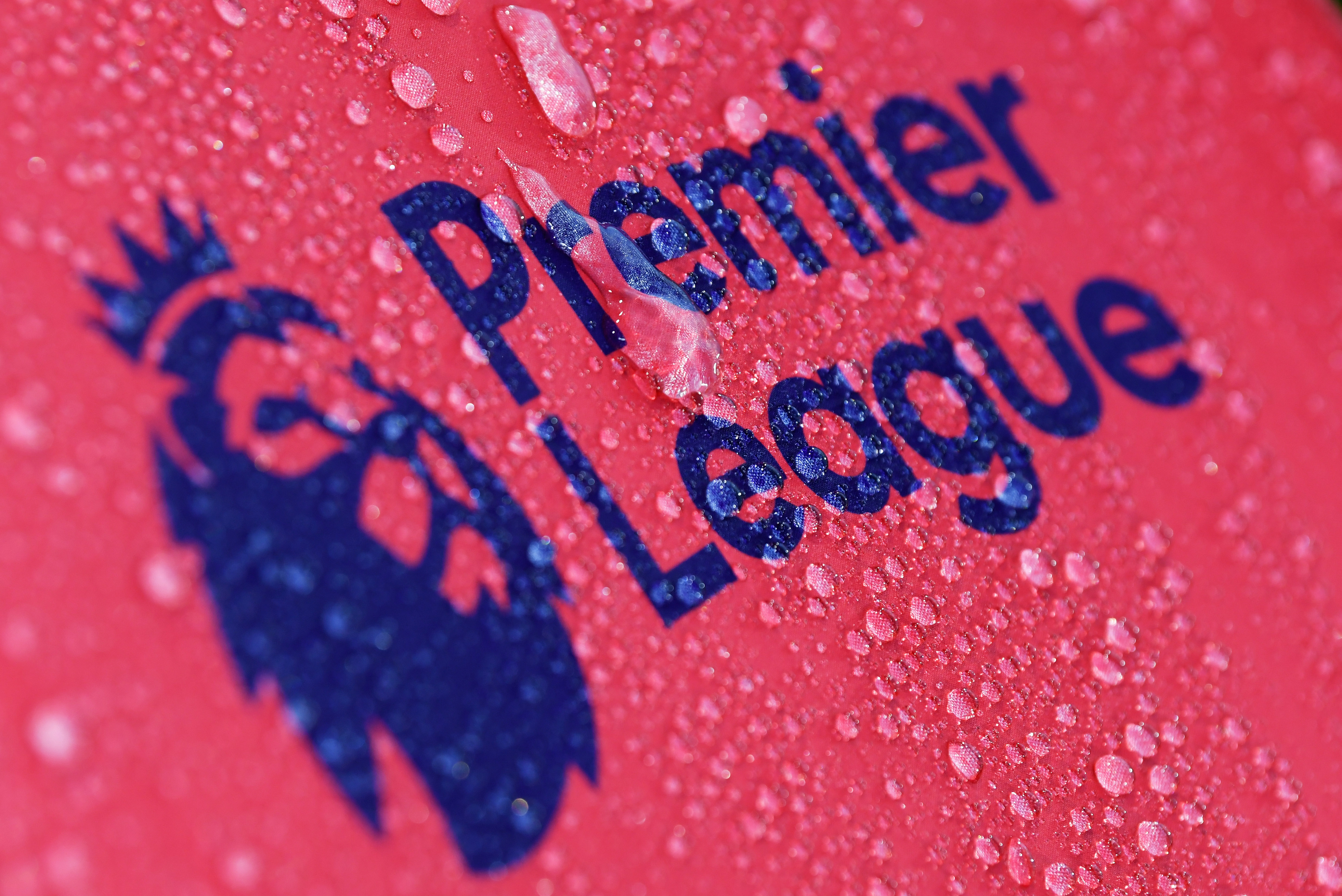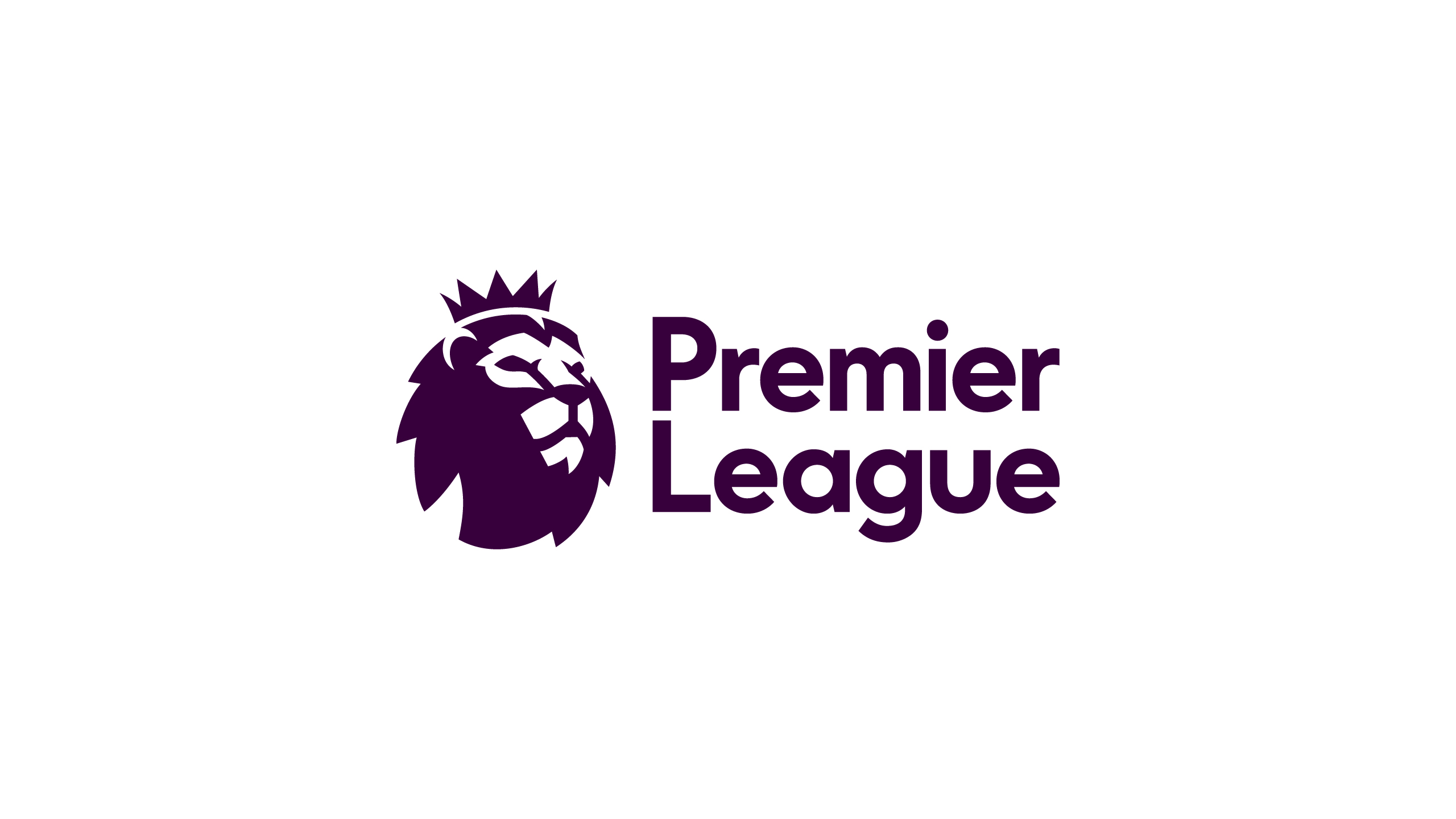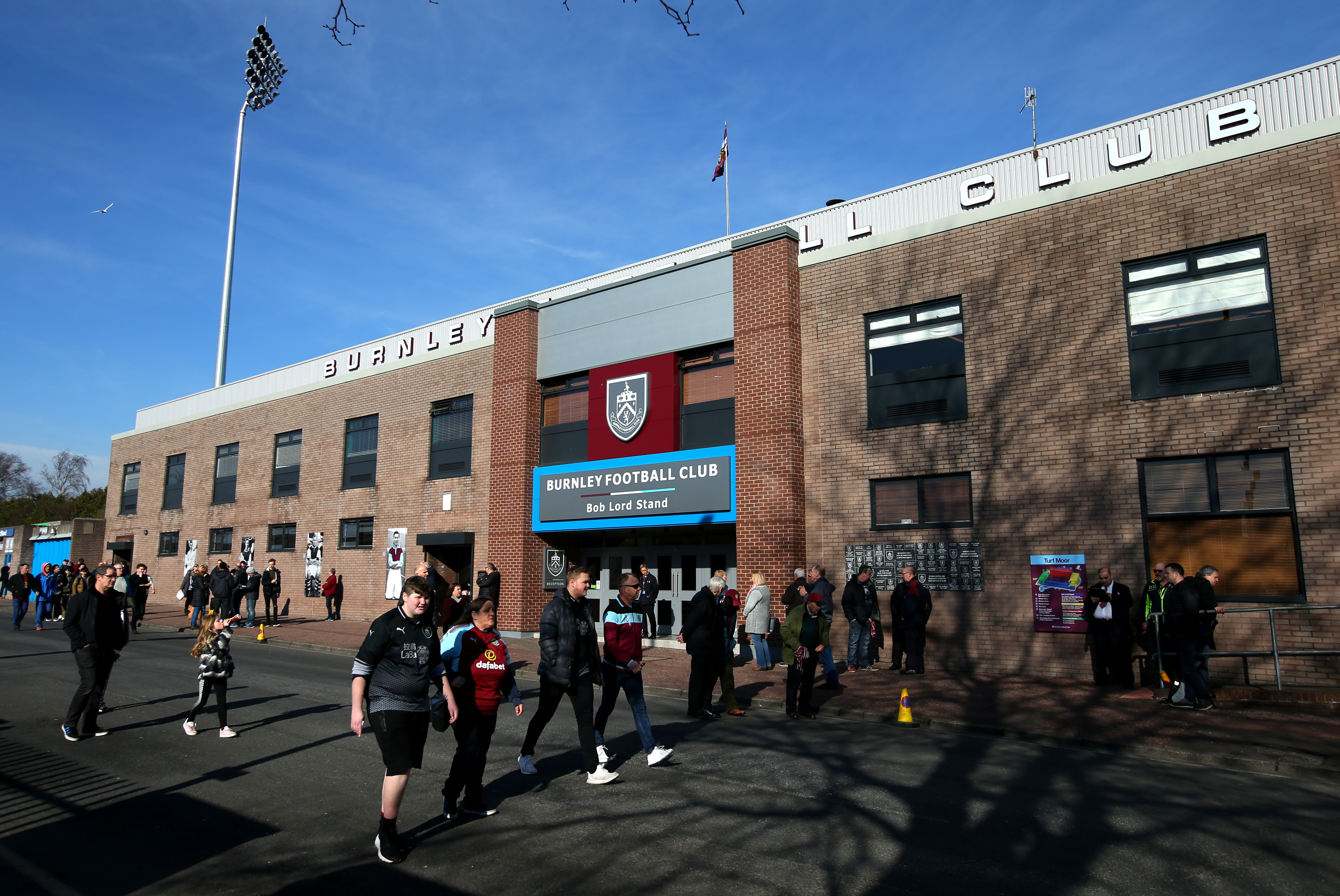UEFA are set to scrap their plans to award two “historically successful” teams the chance to earn qualification for the Champions League from the 2024/25 season.
According to a report from The Times, UEFA have declared a few changes to its initial ground rules for the new Champions League format, which is going to be applicable from the start of the 2024/25 campaign.
The new format is going to extend the total number of participants from 32 to 36 whilst scrapping the group stage method in favour of a league table, with the top eight qualifying direct for the Round of 16 stage.
UEFA had announced that the four additional slots for the Champions League places would be rewarded to certain deserving teams. What truly sparked the controversy was the plan to award two of the four slots to underperforming teams in Europe who finish out of the top four to qualify for the competition.
It essentially meant a club like Manchester United, who are ranked ninth in UEFA’s co-efficient table, could have qualified for the Champions League by finishing sixth, ahead of fifth-placed Tottenham, who are 13th in the table.
UEFA have now drawn up a plan to rescind this new system, though the elite governing body is still likely to award two of the underperforming teams direct qualifications for the Champions League – effectively serving as a safety net for the clubs in question.
Only this time around, UEFA are likely to give more weightage towards league positions rather than co-efficient rankings, meaning Manchester United may not be able to secure Champions League football by finishing sixth, ahead of fifth-placed Tottenham.
The change will be welcomed by many sects of fans, though a majority of the supporters are not in favour of awarding two underperforming teams direct berths into the Champions League places. UEFA argues this new system could broadly help them rev up revenue for Champions League, thereby awarding more prize money to the listed participants.
UEFA are simultaneously keen on strengthening the base of the UEFA Europa League, which could host more and more top teams across Europe from the start of the 2024/25 campaign.





